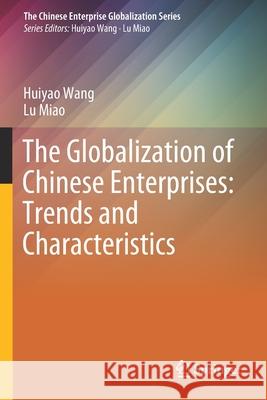The Globalization of Chinese Enterprises: Trends and Characteristics » książka
topmenu
The Globalization of Chinese Enterprises: Trends and Characteristics
ISBN-13: 9789811546488 / Angielski / Miękka / 2021 / 132 str.
The Globalization of Chinese Enterprises: Trends and Characteristics
ISBN-13: 9789811546488 / Angielski / Miękka / 2021 / 132 str.
cena 402,53
(netto: 383,36 VAT: 5%)
Najniższa cena z 30 dni: 385,52
(netto: 383,36 VAT: 5%)
Najniższa cena z 30 dni: 385,52
Termin realizacji zamówienia:
ok. 16-18 dni roboczych.
ok. 16-18 dni roboczych.
Darmowa dostawa!
Kategorie:
Kategorie BISAC:
Wydawca:
Springer
Seria wydawnicza:
Język:
Angielski
ISBN-13:
9789811546488
Rok wydania:
2021
Wydanie:
2020
Numer serii:
001089893
Ilość stron:
132
Waga:
0.23 kg
Wymiary:
23.39 x 15.6 x 0.89
Oprawa:
Miękka
Wolumenów:
01
Dodatkowe informacje:
Wydanie ilustrowane











